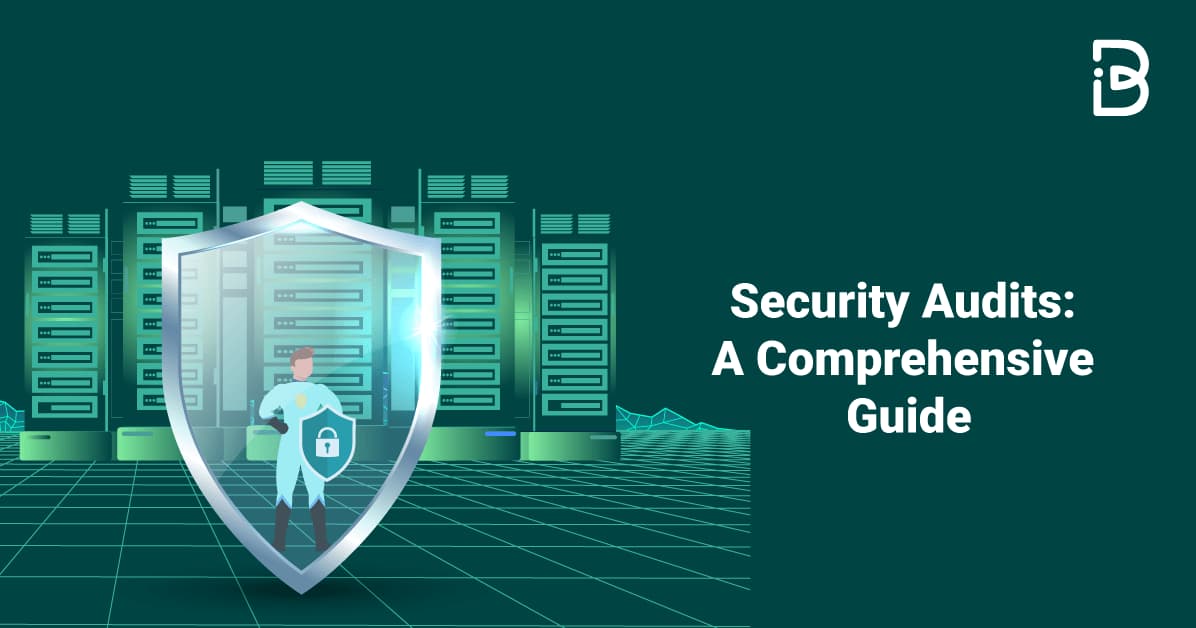In today’s evolving world of business, enhancing the security of an organization is paramount. We are living in an interconnected world, where the entrenchment of technology is one of the single biggest threats for many organizations, and the need for beefing up the internal security of data and assets averts the risk of losing what is considered elemental for an organization. With the lurking threat of cybersecurity, ensuring robust protection measures is no longer a luxury but a necessity. Human resources directors have a responsibility to safeguard the workforce and the integrity of the organization. One effective tool at the disposal of the human resource directors is the security audits. However, merely conducting an audit is not enough; leveraging the outcome fortifies the security of an organization.
Understanding the Essence of Security Audits
It is possible to wake up in a workplace every day and complete the assigned duties without understanding the hidden dangers. Threats are around us in our workplaces, and due to the monotony of our duties, it is possible to overlook a danger that could result in potential losses in the future. Security audit is the systemic evaluation of the organization’s security posture, assessing the vulnerabilities, risks, and mitigation measures in place to prevent financial and asset losses. The main benefit of a security audit is to help an organization identify weaknesses and strengthen defense. However, the main advantage of the security audit is not how well it is applied, but how well the outcome is used to improve security. Having the right person to conduct a security audit matters a lot, and we propose Lauth as an appropriate partner to benefit from our wealth of expertise in the field of security audits.
Quantifying the Impact
Data is the most critical asset for any organization, and as technology continues to advance, so do the issues of data protection gaining traction. According to the Cost of a Data Breach Report 2021 by IBM Security, the global average cost of a data breach stands at $4.24 million. In the same vein, the same report highlighted that it takes about 287 days to identify and contains issues of data breach, which has financial and reputational repercussions. These numbers underscore the importance of beefing up security, and security audits emerge as a linchpin. As such, Lauth has established itself conducting corporate audits to examine the sustainability of your internal policies in regard to security.
Maximizing Value: A Strategic Approach
In order to benefit from the security audits and witness the needed outcome, organizations must adopt a strategic approach, as detailed below;
- Risk identification. Security audit should not be viewed as a compliance process. It has to be taken as an exercise of risk identification and mitigation and de-escalating issues before they become full-blown problems.
- Actionable insight. Identification of vulnerabilities is not enough. Human resource director should collaborate with the IT team to work on the findings of the security audit and come up with a comprehensive action plan.
- Investment in training and awareness. Human error is the leading cause of security breaches. Security audit is essential in identifying the gaps in security preparedness in the workplace, thus providing insight into the areas of training and development for the employees.
- Continuous improvement. Enhancement of security is an ongoing process. Security audits, therefore, are a checkpoint of areas that require improvement and continually update the systems to deal with emerging threats.
The Role of Human Resource Director
The human resource department is central to ensuring the safety and security of its workforce and the organization’s assets. As a rule of thumb, the human resource director should cultivate a culture of security, and this should be made possible by ensuring the workforce adheres to the security protocols. New hires should be involved in a program that trains them on the importance of ensuring their safety and that of the organization to mitigate the loss of finances and productive hours. In that light, a human resource director play a crucial role in security audits in the following ways:
- Collaborating with the IT team and other relevant departments to facilitate the completion of the security audit.
- Ensuring that the findings of the audits are translated into insights, which are later integrated into the organization’s policies.
- Bolsters employees’ knowledge of cybersecurity by engaging them in training programs.
- Allocating resources towards improving security and ensuring continuous improvement.
Conclusion
In an era plagued by cyber threats, the importance of security audits cannot be overstated. It has become a mandatory tool to assess the threats within an organization and mitigate the risks associated with it. Adopting a strategic approach and findings of the audits positions an organization on a pedestal of overriding the market dynamics and also ensures its assets and workforce are safe. Human resource directors remain the custodians of the organization’s integrity and, therefore, should champion the cause of security. Embracing the audit’s security builds trust among the stakeholders, paving the way for sustained success.



